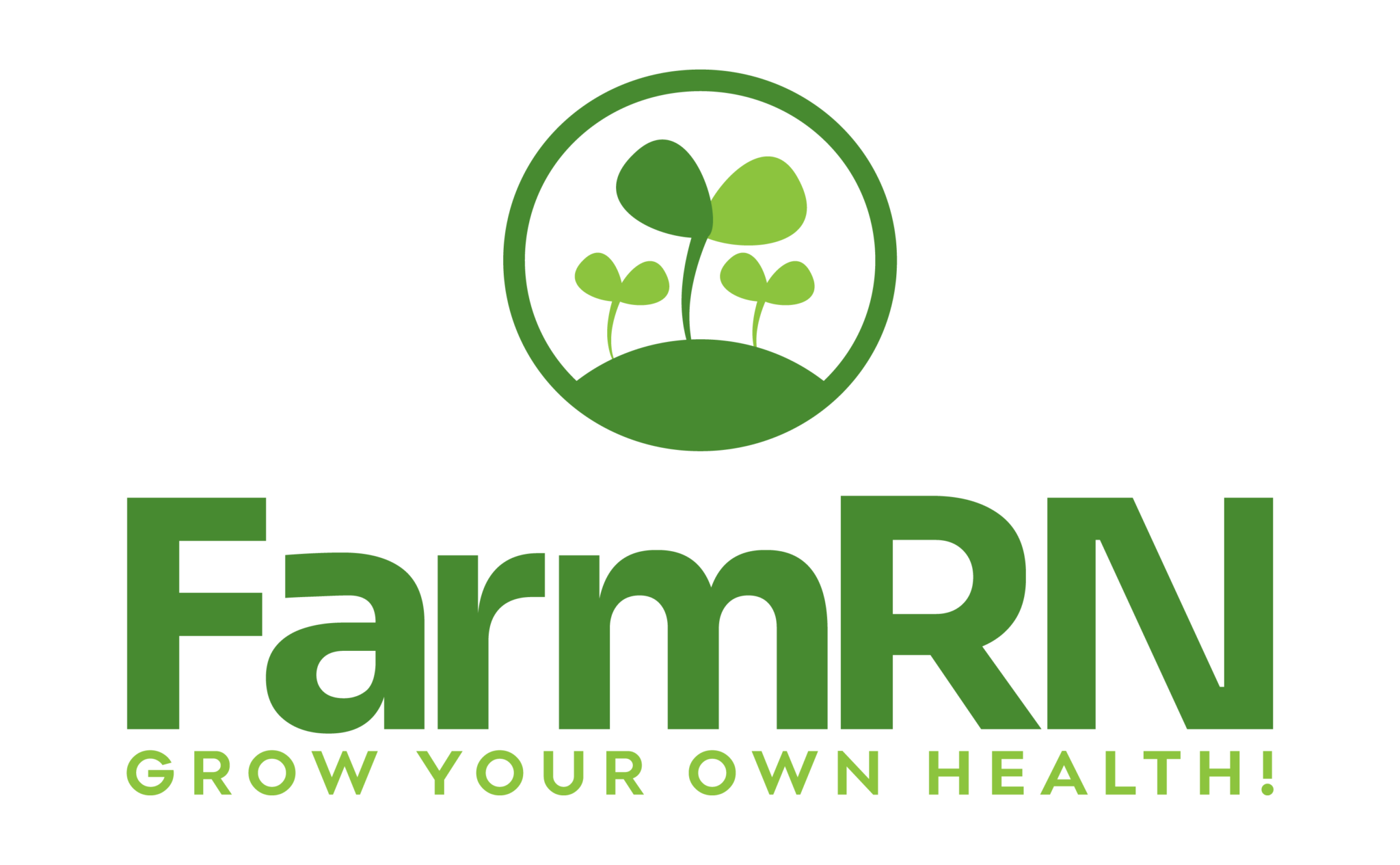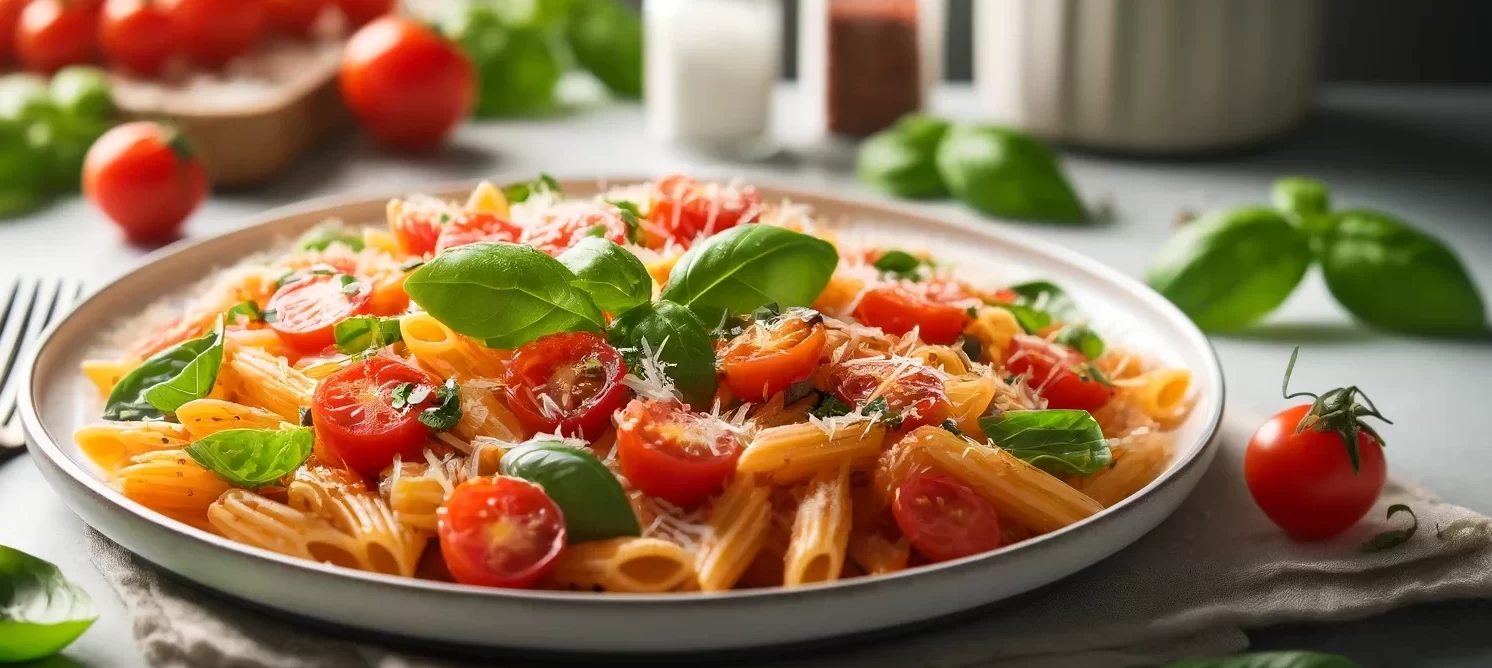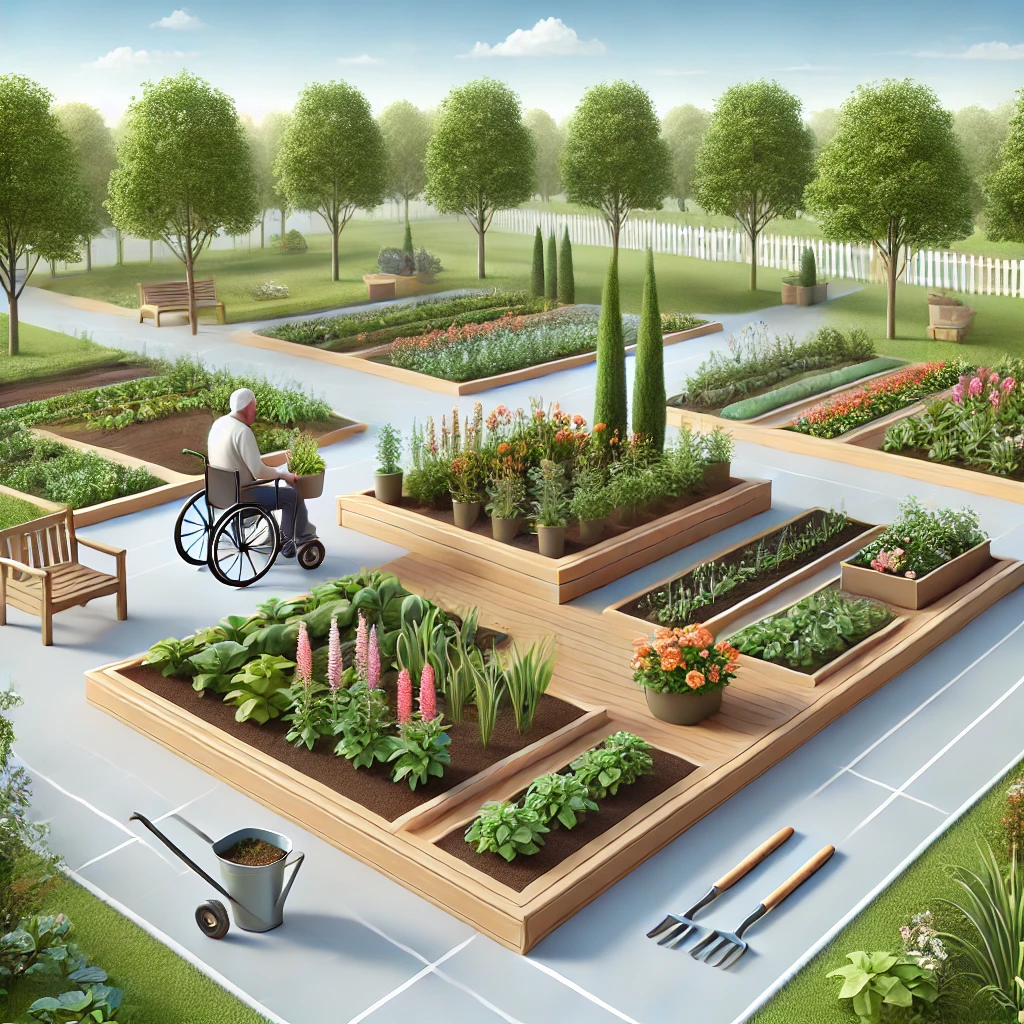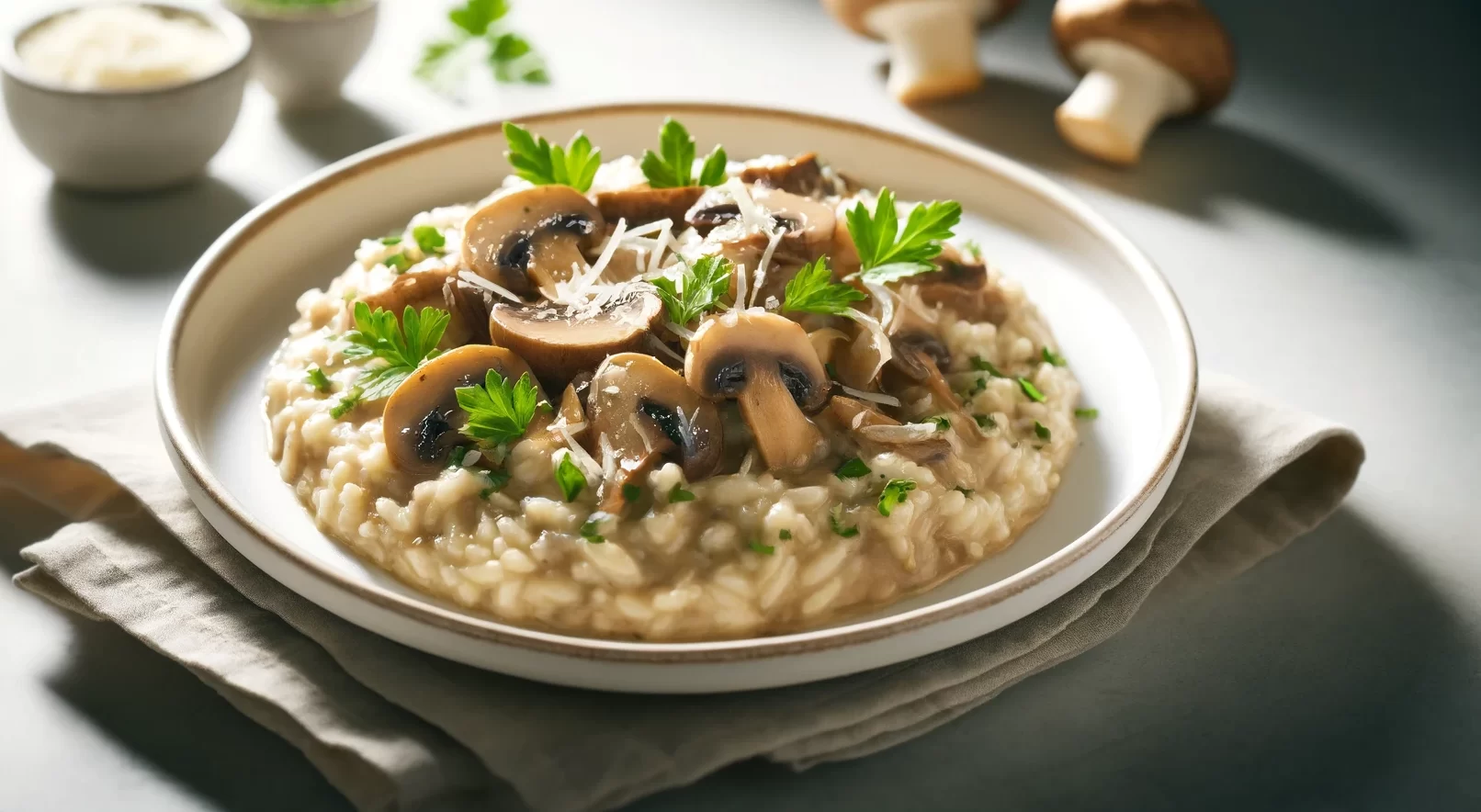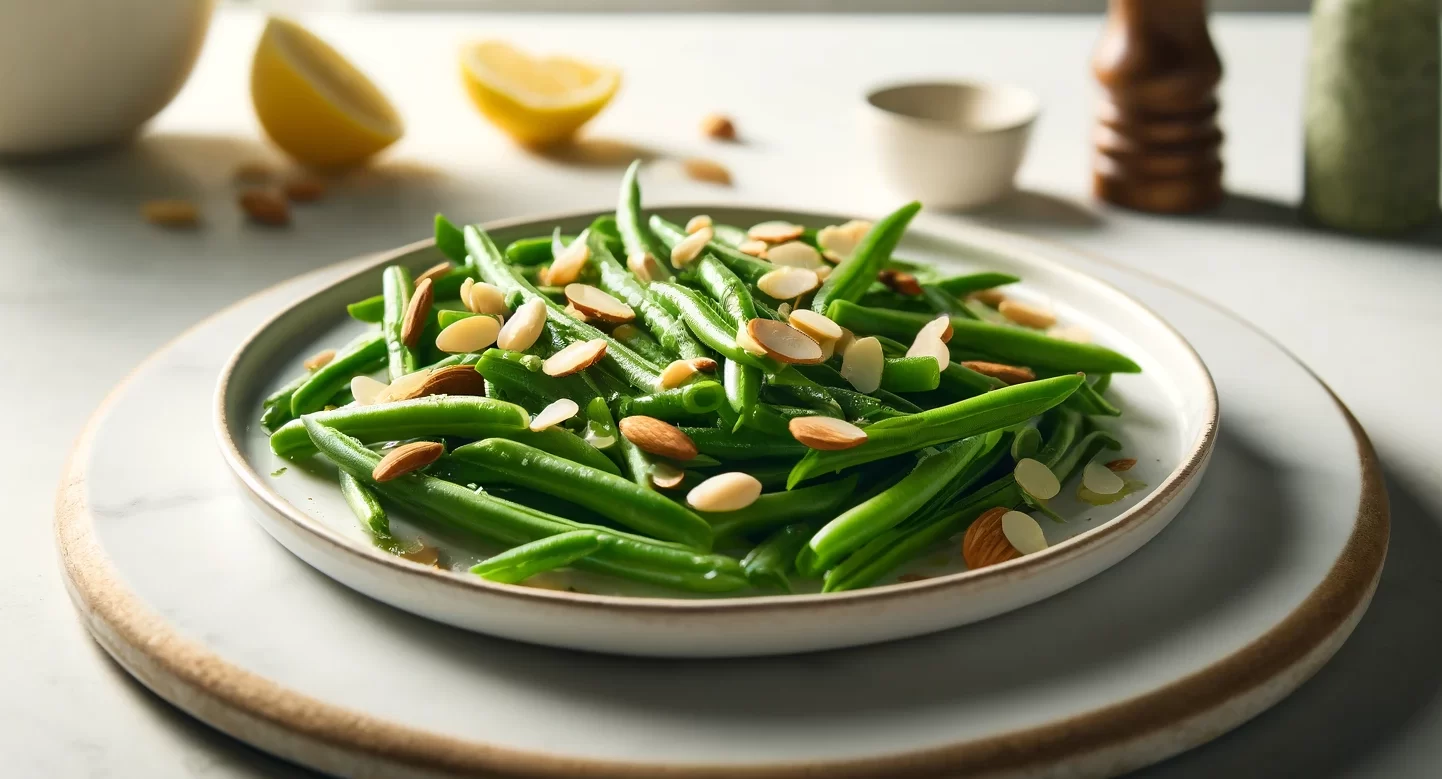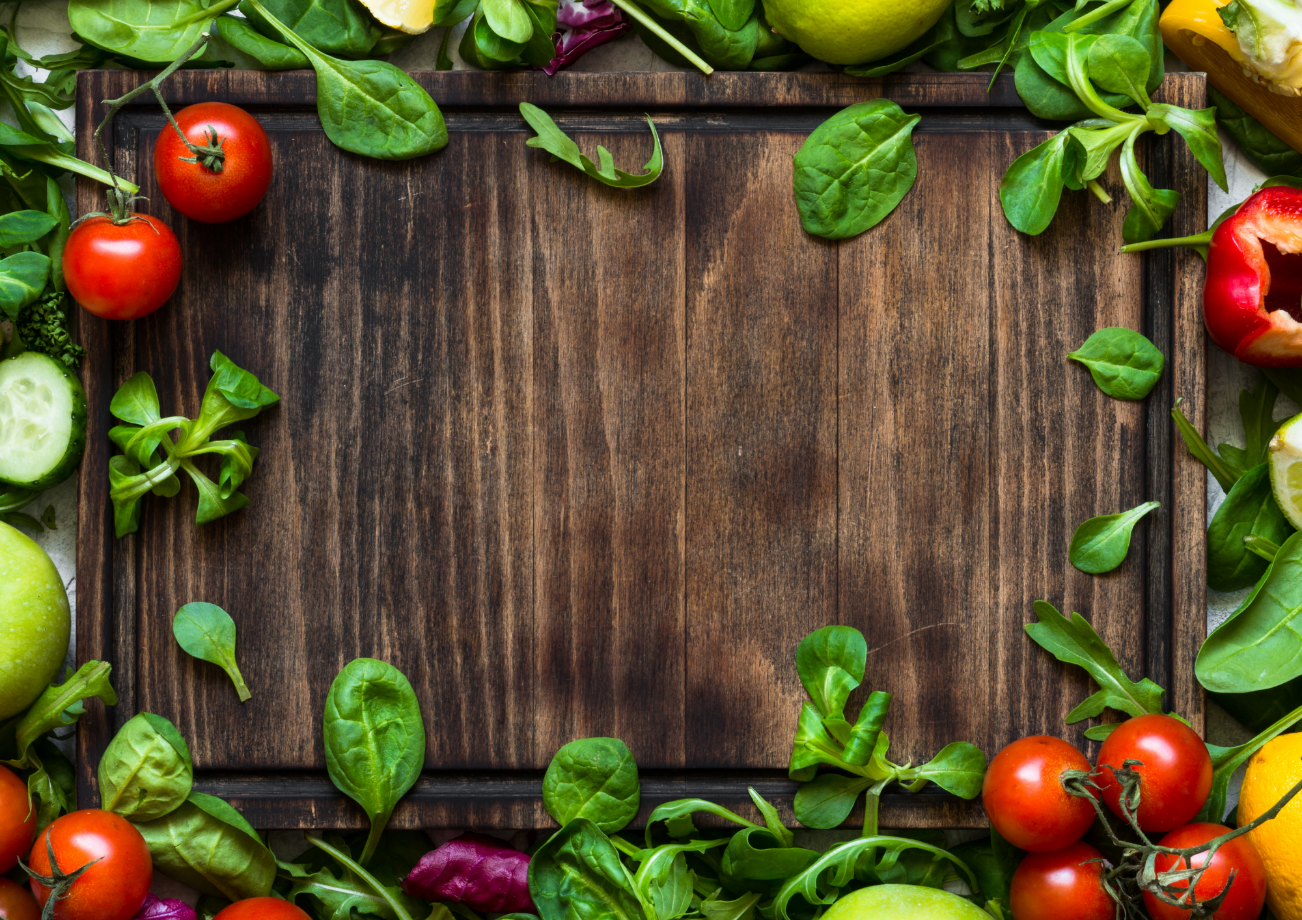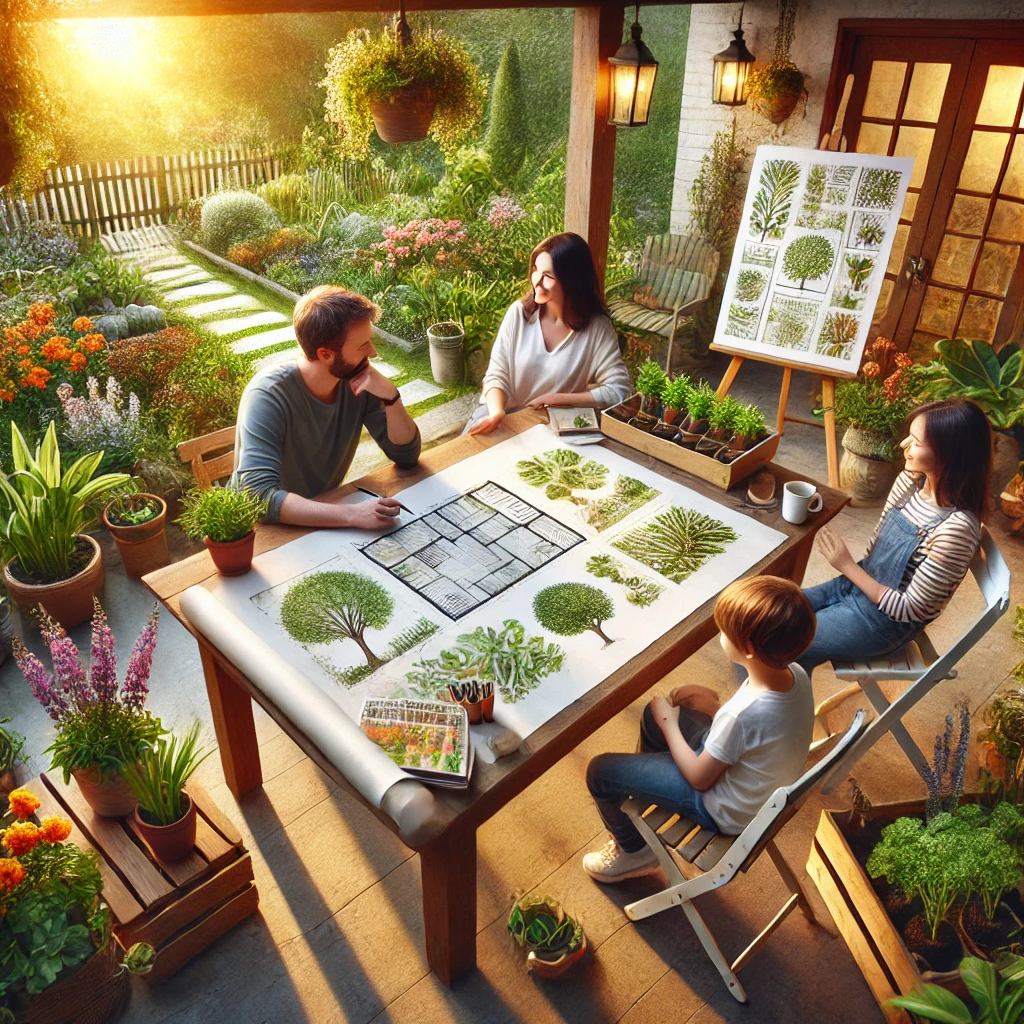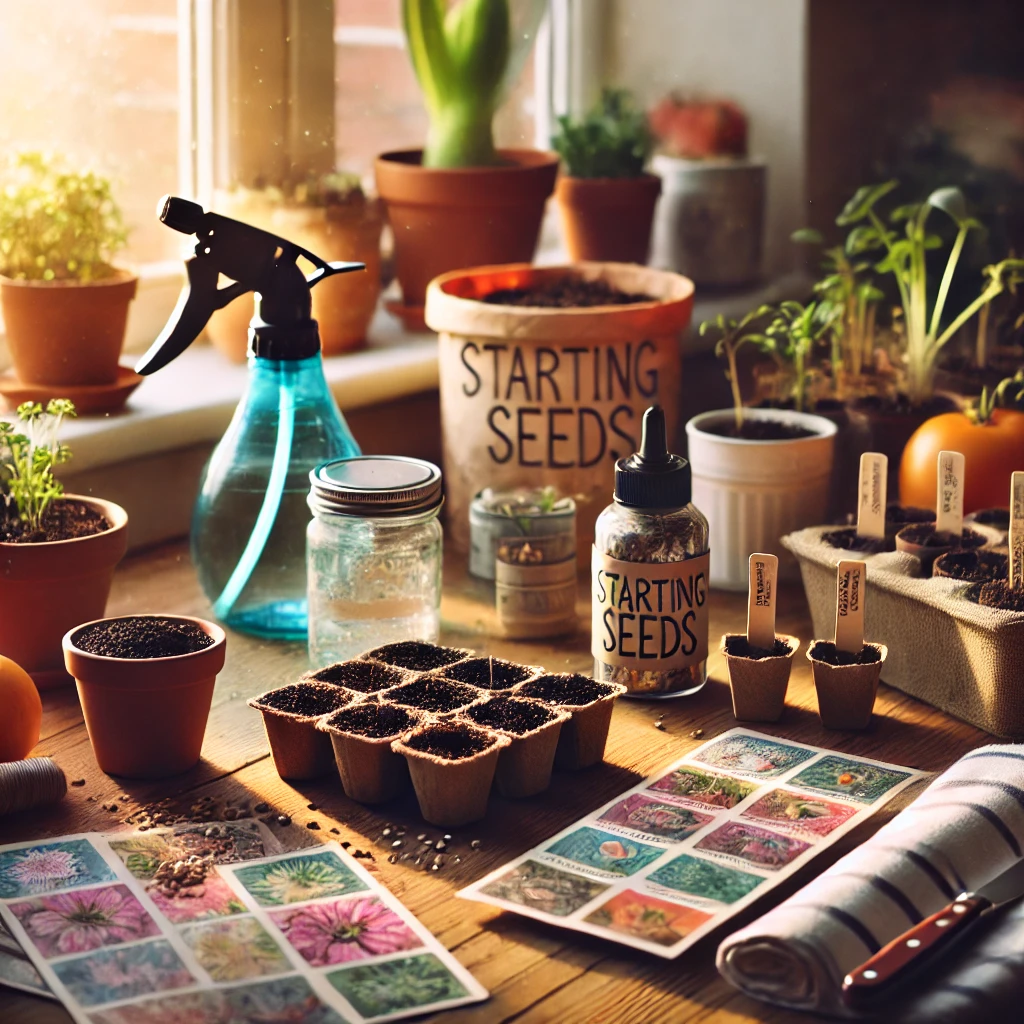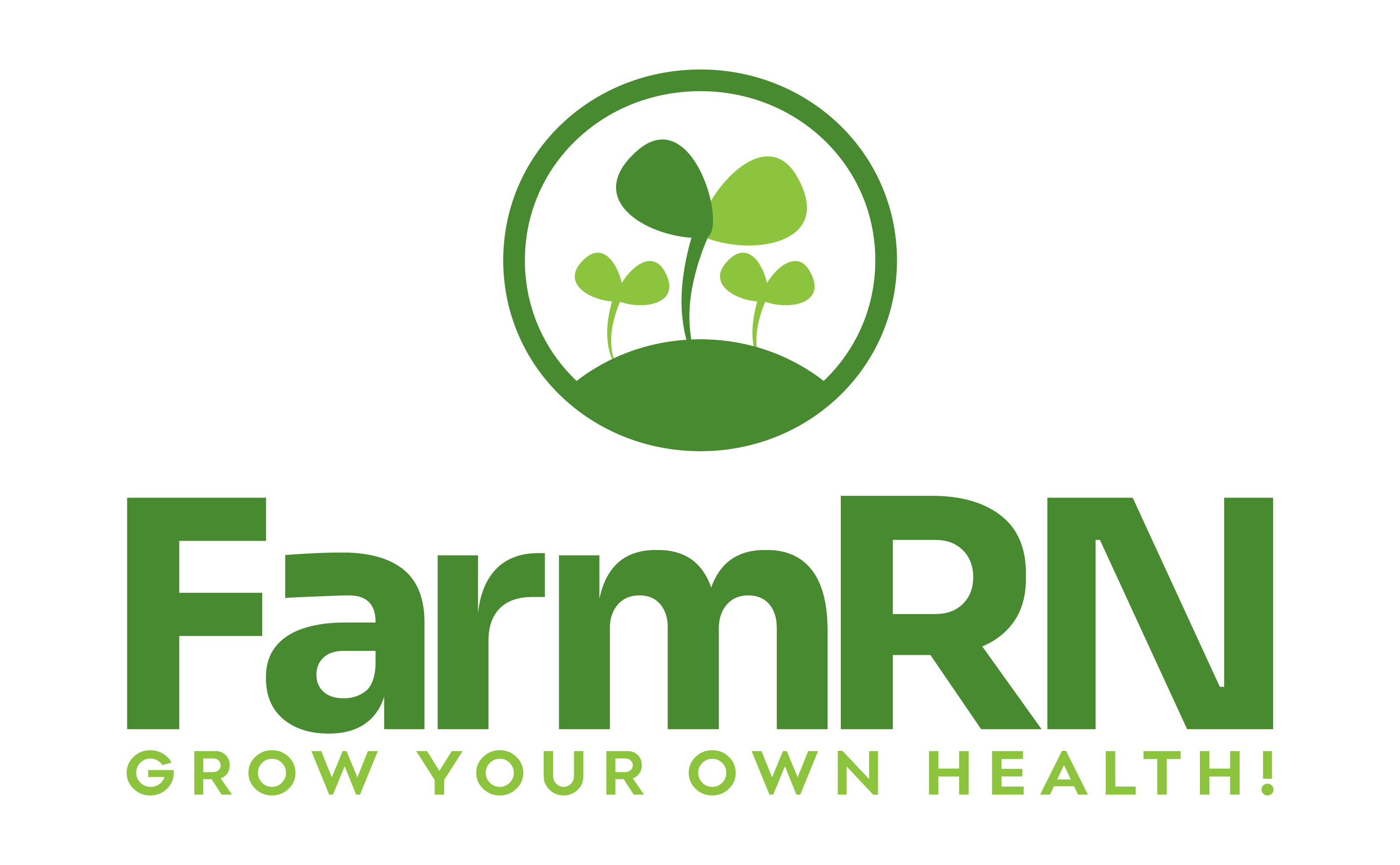
Composting is an excellent way to provide nutrients to your garden while reducing waste. You can make compost for your garden using recyclable materials such as kitchen scraps, leaves, or newspaper. Composting is an eco-friendly way to make your gardens more healthy. In this guide, we will walk you through the basics of composting and ways to get it started for sustainable gardening.
A Beginner’s Guide on Composting
Below are simple steps to follow to make compost for your gardens.
Step 1: Choose Composting Method
Composting can be done using different methods; before starting composting, consider available options and choose the best one for you. Here is a list of a few of the most common options to consider for composting.
Compost Pile
If you have a lot of space in your yard, you can go with a compost pile. This method needs more space and airflow.
Compost Bin
Another common option for yards with less space is a compost bin. It is the top option when your concern is to keep the compost in one spot. You have various options to buy or build your compost bin.
Compost Tumbler
If you are in a hurry and want to create a quick compost, consider a compost tumbler. Compost tumblers quickly convert the raw compost materials into final compost due to the fast decomposition process.
Step 2: Choose the location for compost
Choosing the right location for the compost is also an essential thing to consider. A place with plenty of sunlight is convenient for composting. Also ensure that your chosen spot should be leveled and has good drainage for a better composting process.
Step 3: Collect Ingredients
You have a variety of waste materials to use for composting. However, here is the list of the few most common materials used in composting.
- Eggshells
- Coffee grounds and tea bags
- Leaves, grass clippings
- Cardboard, newspaper, books, etc
- Kitchen wastes such as bread, cereals, etc

Step 4: Gather Tools for Composting
There are not many tools needed for composting. However, having the correct tools can help you a lot for an easier and efficient process. Here is a list of some essential tools that may help you.
Compost pile or bin
Depending on the method you have chosen, arrange for the compost pile or bin. You can build a compost bin or pile, but for an easy approach, it is better to get a pre-prepared compost pile or bin from the market. You can select from various sizes, styles, and materials for compost bins or piles. Buy any of good quality depending on your budget.
Compost turner
Compost turner is another best tool needed to keep your compost well-aerated and properly mixed. Using a compost turner, you can turn the compost material regularly to make the compost turning process easier.
Kitchen Compost pail
Kitchen compost pail is a good tool to collect food scraps and other organic materials. Choose any of the compost pail sizes depending on your requirements.
Thermometer
Temperature maintenance is essential for a smooth and efficient composting process. For better temperature maintenance, you should have a thermometer to check the compost bin temperature. You can buy a compost thermometer from a local garden store.
Step 5: Prepare Compost Materials
Well, now you have all the materials and tools to start the composting. Follow the steps below and prepare compost material.
Layer your materials
First, layer your available materials. For a good layering mix, use a 50/50 mix of brown and green materials. For brown materials you can consider dry leaves and paper products, while for green you can use food scraps and grass clippings. For a good balance it is good to alternate compost layers of brown and green materials.
Set a good moisture level
Your compost material should have a balanced moisture level, not too wet or too dry. A good balance will prevent it from smelly and ensure proper decomposition. Set a moisture level similar to a damp sponge.
Keep turning and aerating
Proper aeration is essential for efficient composting. Regularly aerate the compost material using a compost turner. Make sure you turn all compost material and it is well aerated and mixed. Set a routine to turn the material after a few weeks.
It may take one month to 2 years to prepare a compost, depending on the materials you use. Keep it turning after 2 or 3 weeks until your compost becomes ready.
How to deal with problems during the composting process?
During the composting process you may experience few issues that need immediate solution to ensure a good quality compost. Here are the few common issues you may face.
Foul smell
Bad smell is a common problem, compost has a bad smell but if it has too much then you may have too much wetness. It may also happen when you do not properly aerate the compost. You can fix it by adding more brown material or turning the pile.
Slow decomposition
If you experience that decomposition process is slow, you may have low level or moisture or material not getting enough air. Add more water or turn the compost material.
Pests
Pests such as flies or rodents are common. It is more common when you have oily foods, dairy, or meat scraps. If it happens, add some more brown materials to prevent pests.
When to use compost material?
When your compost is ready, now you can use it in your garden. You can use this compost in different situations. Here are a few ideas for when you can use compost.

Use as a Fertilizer
Compost is an excellent alternative to your fertilizers. It is rich with nutrients such as potassium, phosphorus and nitrogen. When your plants are planting new seeds or seedlings you can use it in your garden.
Improve Soil quality
If you have low-quality soil in your garden, add compost to improve its quality. Compost can assist to improve water retention, and structure of your garden’s soil.
Mulch
You can also use the compost to make mulch for your garden. It may help when you spread it around the plants to improve moisture retention and prevent weed growth.
Final Words
Composting is an easy and sustainable approach to improve your garden health and reduce environmental waste. With a few simple steps, you can turn your yard and food scraps into useful compost. Follow the tips mentioned in the above beginner’s guide and create a high-quality compost for your garden. Enjoy a smooth and efficient composting process.
